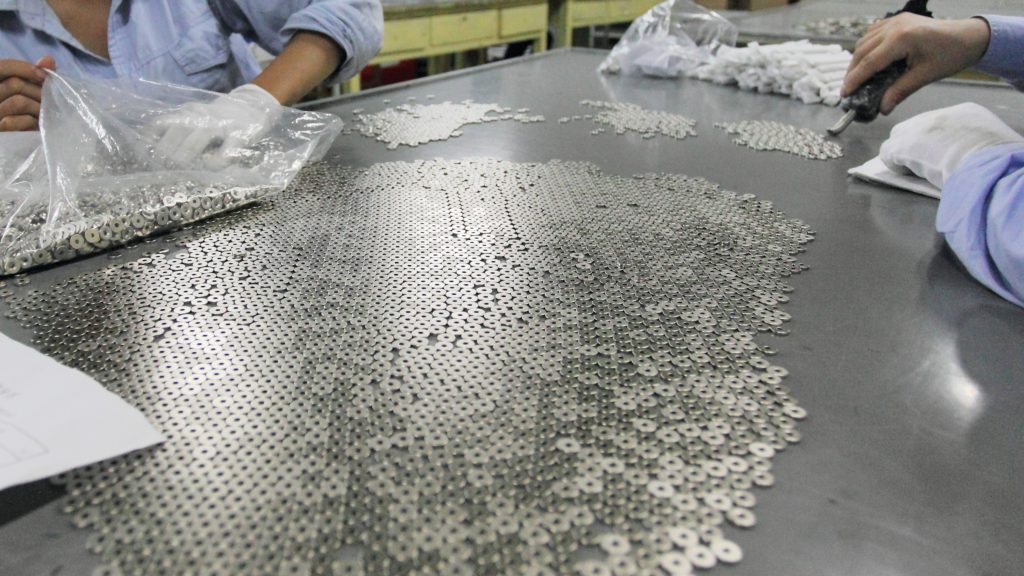Japan signs deal with Namibia to explore for rare earth minerals

Japan on Tuesday signed an agreement with Namibia to jointly explore for rare earth minerals as part of its broader plan to develop supply chains for cobalt and other minerals used in making electric vehicle batteries.
The Japan Organization for Metals and Energy Security (JOGMEC) will collaborate with Namibia’s state-owned mining firm Epangelo, a Namibia mines and energy ministry official said on the sidelines of the signing ceremony in Windhoek.
Details of the agreement were not immediately available.
Yasutoshi Nishimura, Japan’s minister for economy, trade and industry is visiting five countries with significant deposits of rare earths, including Namibia, Zambia and Democratic Republic of Congo to try to build an African supply chain of critical minerals.
Japan, like other advanced economies, is seeking to be less reliant on China, which has dominated supplies of battery minerals.
JOGMEC is already partnering with Namibia Critical Metals Inc. in developing the Lofdal deposit, rich in yttrium, in north-western Namibia, which is the country’s most advanced rare earth project.
In addition to yttrium, used in alloys, the Lofdal deposit has the potential for significant production of dysprosium and terbium, two of the most valuable heavy rare earth elements, used in permanent magnets in the batteries of electric cars and in wind turbines.
In 2022, Namibia signed an agreement to supply rare earth minerals to the European Union.
(By Nyasha Nyaungwa; Editing by Nelson Banya and Barbara Lewis)
Read More: Britain agrees deals on clean energy, critical minerals with Zambia
{{ commodity.name }}
{{ post.title }}
{{ post.date }}




Comments